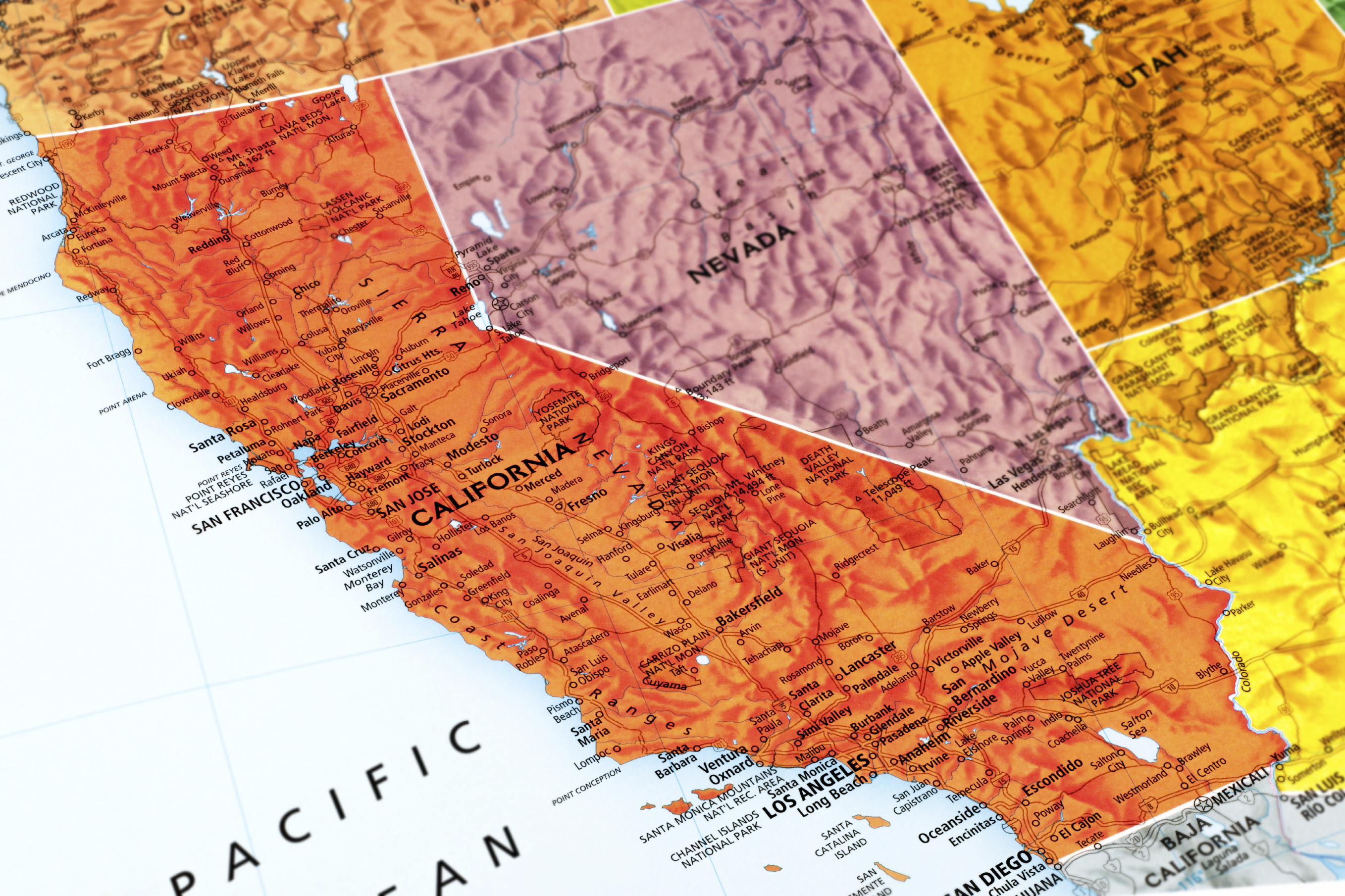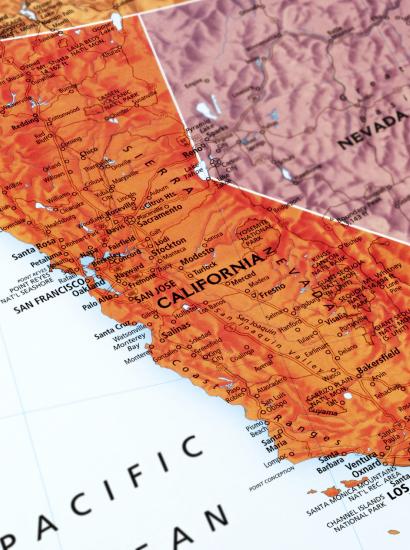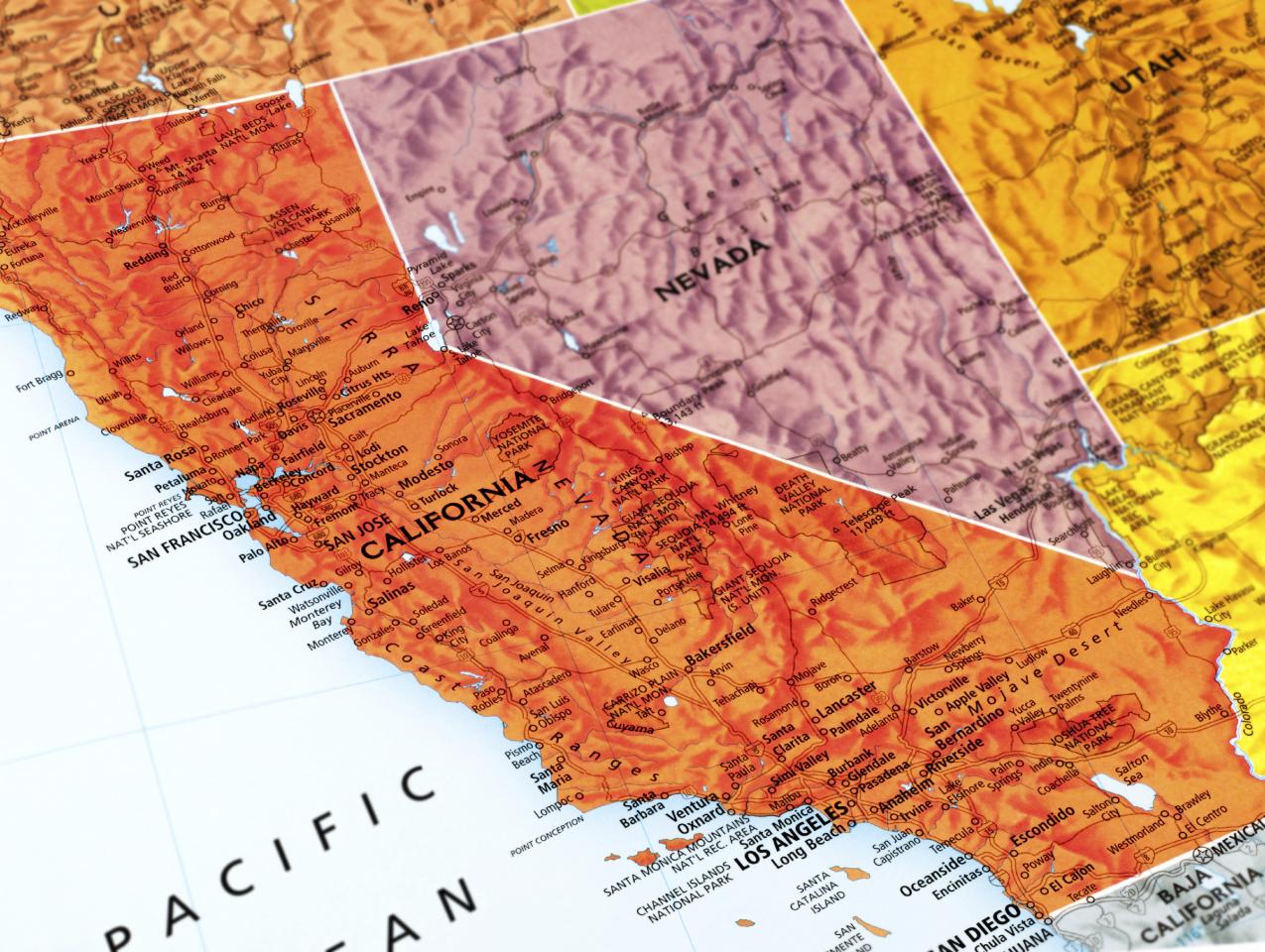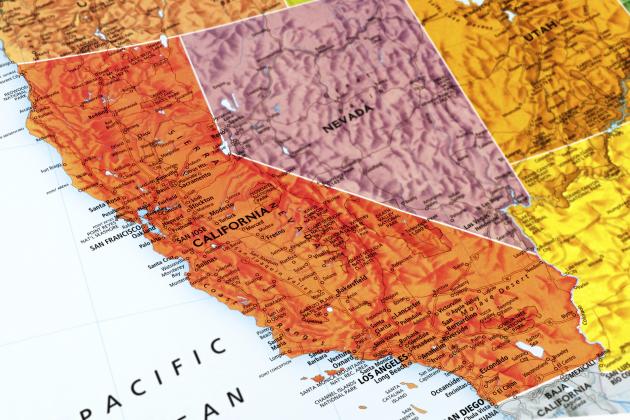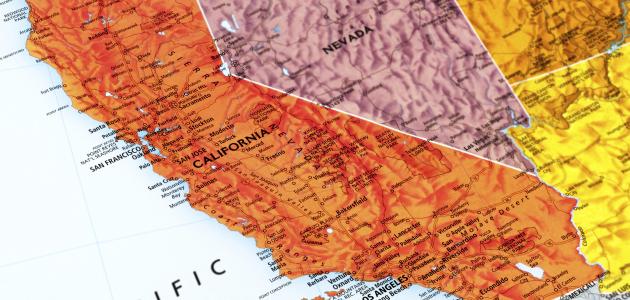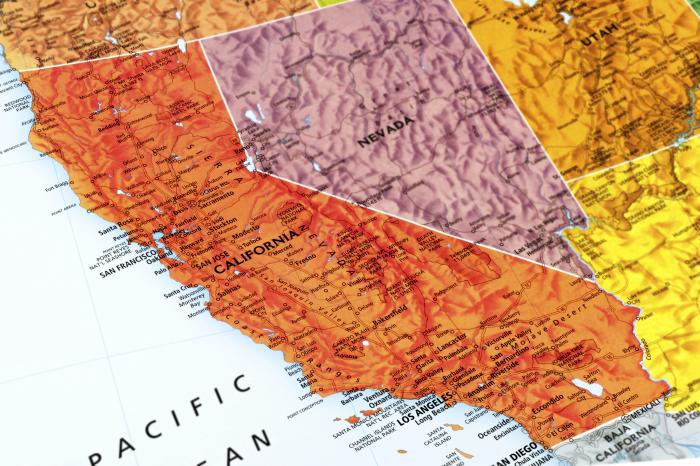- State & Local
- California
A week after the assassination of conservative political activist Charlie Kirk, there’s the question of how the ramifications of a heinous crime committed on a Utah college campus might find their way further west to California.
One obvious concern: the future of free speech and personal security on Golden State campuses.
The rally at Utah Valley University, where Kirk was shot, was similar to past events he had held at the likes of USC in early March, as well as UC-Berkeley last fall. Will conservative activists now shy away from such public rallies? Will cash-strapped university administrations and local law enforcement step up their security efforts?
Another question: Does Kirk’s murder and the subsequent call for Americans of clashing ideologies to dial down the angry rhetoric find its way into California’s November special election?
That begins with the campaign in support of Proposition 50, California Gov. Gavin Newsom’s attempt to temporarily reconfigure California’s congressional districts so as to flip to the Democratic Party a handful of seats currently held by Republicans—an effort to offset a Texas gerrymandering scheme that would convert five congressional seats from Democrat to Republican.
One of the “yes” campaign’s first ads is a 30-second spot titled “Blitzkrieg,” with a narrator accusing President Trump of “following the dictator’s playbook.” Given that the rifle allegedly used to assassinate Kirk reportedly included ammunition engraved with “references to fascism,” perhaps Newsom’s campaign lightens up on the Hitlerian analogies moving forward.
Then again, will Newsom himself tone down the rhetoric?
To his credit, California’s governor (seen here doing a podcast with Kirk a day after the latter’s USC appearance) quickly denounced the shooting and postponed a political event in the immediate aftermath of Kirk’s death. That said, Newsom has grown fond of incendiary words since ditching the friendly podcasts for more confrontational talk (“We’re fighting fire with fire. I’m gonna punch these sons of bitches in the mouth,” the governor said during the course of an August podcast interview). Does he rhetorically alter course between now and the November election and speak in less violent terms?
That intrigue likewise applies to California’s senior senator, Alex Padilla, who currently is in the Prop 50 ad rotation.
Padilla’s involvement in the special election invites all sorts of political armchair-quarterbacking. From a strategic standpoint, does tapping a governor and an incumbent senator to star in the round of advertising (“unlikely superstars,” per Politico) make political sense considering opponents of Proposition 50 like to talk about political overreach (look no future than former governor Arnold Schwarzenegger’s workout gear)?
And there’s the intrigue over Padilla’s possible entry into next year’s governor’s race, which wouldn’t be a surprise given the spate of members of Congress planning to leave Capitol Hill next year for greener pastures. That’s especially true of Padilla and his Democratic colleagues in the Senate minority, who aren’t likely to achieve majority status in the near future.
Padilla’s possible gubernatorial run does create a messaging opportunity for Proposition 50’s opponents, although it’s a message perhaps a tad too esoteric for the average voter. And that would be the erosion of California’s congressional clout.
At present, in a narrowly divided lower chamber, California’s House delegation consists of 43 Democrats (one-fifth of the 213 members on the minority side of the aisle) and only nine Republicans (a mere 1/25th of the 219 members on the majority side). Subtract five California GOP members, as Prop 50 intends to do, and California would have one fewer Republican congressman than Alabama, despite the Golden State having three times as many registered Republican voters.
Assuming (in addition to the assumption that Republicans retain their House majority next year) that none of those four surviving Californian GOP representatives have much in the way of clout—chairing key committees or subcommittees in the next Congress—the nation’s most populous state wouldn’t have much of a voice in the business of the House of Representatives.
California’s situation might be worse in the US Senate, which is far less likely to enjoy a Democratic takeover in the near future (both the 2026 and 2028 election maps show a dearth of Republicans at risk in blue or purple states).
Adam Schiff, the Golden State’s junior senator, is despised by Trump. The odds of Trump signing a Schiff-authored bill are about the same as that of the president awarding Rosie O’Donnell an ambassadorship.
Padilla, California’s senior senator since Dianne Feinstein’s death two Septembers ago, is not to be confused with a legislative workhorse. He did have a fire-related measure signed into law by former president Joe Biden nearly three years ago. Otherwise, his Senate website says more about acts of defiance than actual legislative deeds.
Which raises the question: Would an interim senator appointed by a Gov. Padilla, though lacking seniority, be all that much of a falloff from the current tandem in terms of clout and productivity?
There is one other line of attack for Proposition 50’s opposition side if it so chooses: the question of trust. Prop 50’s ballot summary includes these bullet points:
In response to Texas’ mid-decade partisan congressional redistricting, this measure temporarily requires new congressional district maps, as passed by the Legislature in August 2025, to be used in California's congressional elections through 2030.
And . . .
Retains California's independent Citizens Redistricting Commission and directs the Commission to resume enacting congressional district maps in 2031 after the 2030 census and every ten years thereafter.
Moreover, this “yes” ad vows that “Prop 50 is temporary, reaffirming California’s commitment to independent, nonpartisan redistricting for the long term.”
Lest voters overlook the word “temporary” in that first bullet point, the ballot measure’s title reads: “Authorizes temporary changes to congressional district maps in response to Texas’ partisan redistricting.”
But in California, it’s “buyer beware” when politicians include the word “temporary” in initiatives.
Case in point: taxes and Newsom’s predecesor, Jerry Brown. In 2012’s November election, Brown convinced Californians to rubber-stamp Proposition 30 and the idea of a “temporary” tax increase for earners beyond the $250,000 threshold (the top marginal rate rising from 9.3% to 13.3%).
As it turns out, “temporary” has a very elastic definition. In 2016, the supposedly interim tax increase was extended through 2030 under the authority of Proposition 55.
And what happens as 2030 approaches? Here’s a clue: The very influential California Teachers Association wants a second extension, meaning the “temporary” tax increase would last two decades and counting—and likely will never go away, given lawmakers would not want to part ways with a tax hike that generates 11-figure revenue annually.
Proposition 50’s opponents could question how “temporary” the redistricting change actually would be by floating a scenario something along these lines: It’s 2030 and, thanks to population shifts, California loses four of its 52 House seats (as projected by the left-leaning Brennan Center, which has Texas gaining four seats). Meanwhile, the MAGA revolution continues in the form of President J.D. Vance and House Speaker Mike Johnson, who, still clinging to a narrow majority, are looking to extend the Republicans’ hold on the chamber.
Claiming California is under assault by a hostile administration, might a first-term Gov. Padilla look to extend the Golden State’s “temporary” hold on independent redisticting for another decade?







